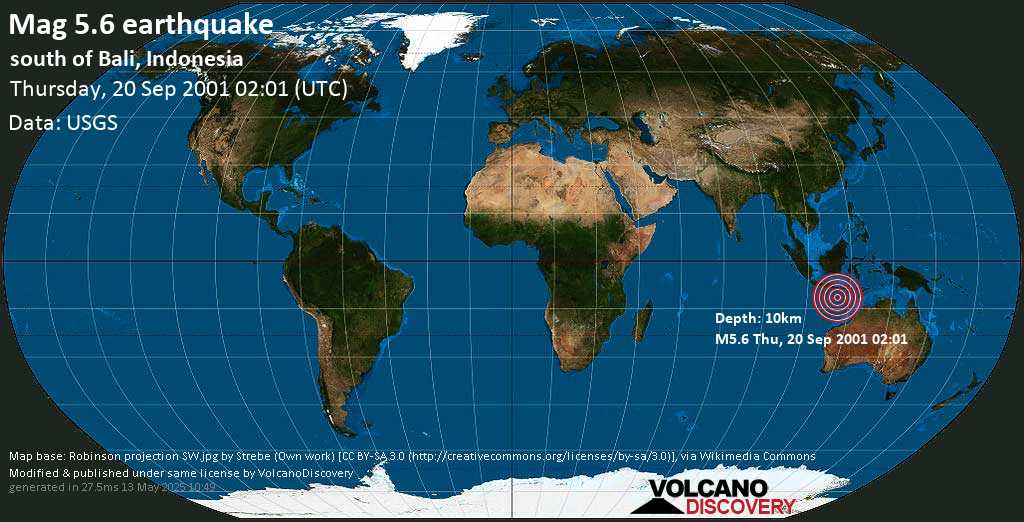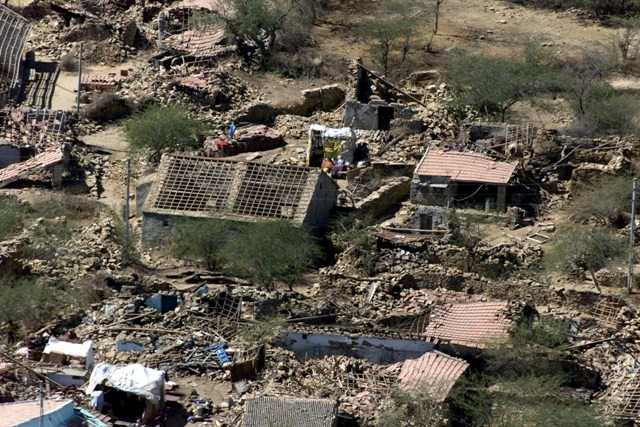

KARTHKEKA: He said that, "You are not taking care of me. More ominously, perhaps, for the first time since last night, he falls silent.

I want to be on my feet, and I want to go to work."īINDRA: A doctor reaches in to touch Prakash Gore. He says, "I just want to go back to work. RAJA KARTHKETA, RESCUE WORKER: The very first thing he says, in fact, when we established communication with him, I spoke to him. What's even more remarkable, say rescuers, is he's been talking this way for hours. They know for sure Prakash Gore is alive when he moves his hand ever so slightly. After hours of digging, an unbelievable moment. So the Indians call in the experts, the Swiss disaster relief unit. Shifting rubble too quickly can mean instant death for both Prakash Gore and the rescue team. The voice belongs to Prakash Gore, trapped under tons of debris.

SATINDER BINDRA, CNN CORRESPONDENT (voice-over): As Indian army soldiers clear tons of rubble from this building, they hear what sounds like a faint and feeble voice. Our first report from CNN's Satinder Bindra in Bhuj. On our program today - India's earthquake. In places like Ahmedabad, Gujarat's economic hub, and in Bhuj, the city closest to the epicenter, the smell of death hangs in the air.Įven as rescuers try to find survivors trapped in the rubble, doctors fear that the dead trapped as well may soon spread disease. More than 6,000 bodies have been recovered, but there may be 20,000 in all. There are so many dead that survivors both mourn and fear them. In the Indian state of Gujarat and beyond, a grief beyond measure. JONATHAN MANN, INSIGHT (voice-over): Overwhelmed. THIS COPY MAY NOT BE IN ITS FINAL FORM AND MAY BE UPDATED.


 0 kommentar(er)
0 kommentar(er)
